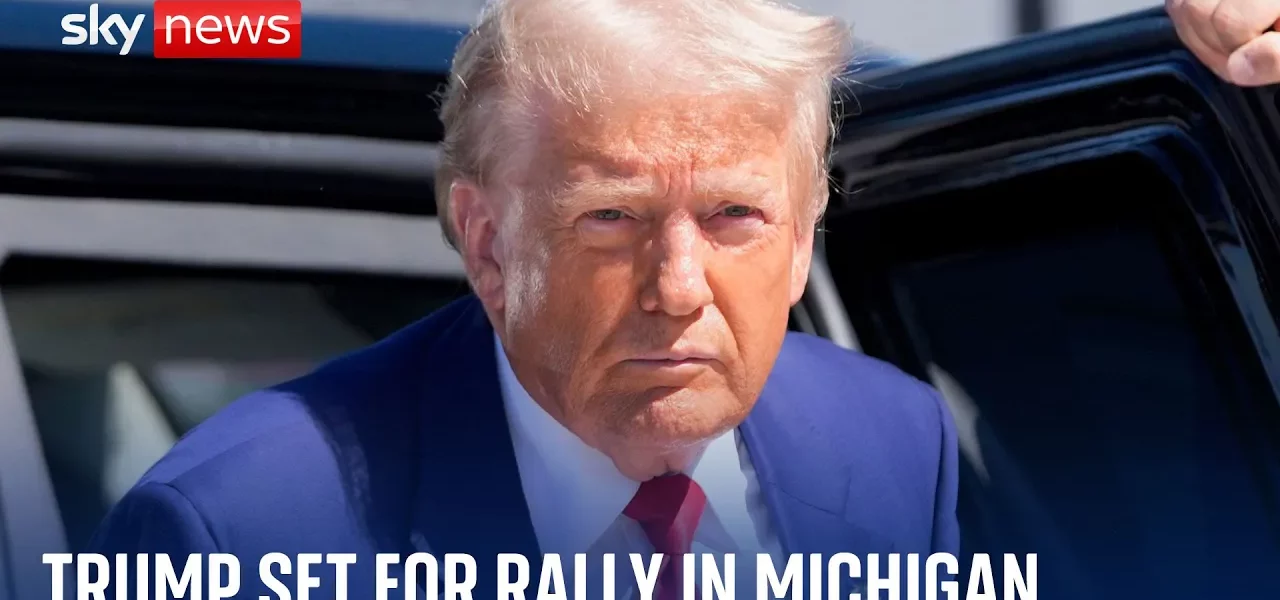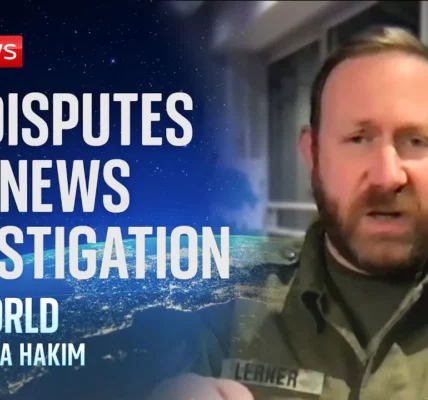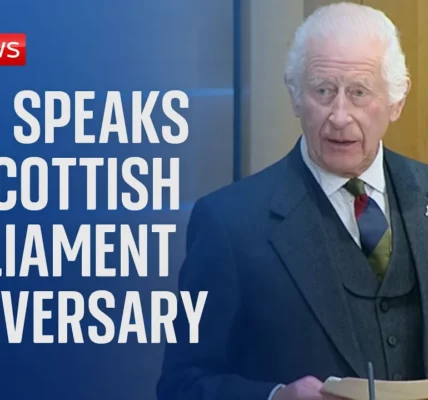Donald Trump’s Campaign Trail: Response to Assassination Attempt and the Flint Crisis

This article delves into Donald Trump’s recent interactions following an assassination attempt, his campaign trail in Flint, Michigan, and the pressing issues faced by the community. We explore the implications of political rhetoric and economic challenges as Trump pivots back to campaigning in a city grappling with a water crisis and economic decline.
Introduction
Following a recent assassination attempt, Donald Trump has resumed his campaign activities, meeting with law enforcement officials who apprehended the alleged assailant. As he pivots back to the campaign trail, Trump heads to Flint, Michigan, a city deeply affected by a water crisis and economic challenges stemming from the decline of the auto industry. This article examines the complex dynamics at play in Flint, the implications of Trump’s rhetoric, and the broader context of political violence in the United States.
The Assassination Attempt and Trump’s Response
After the shocking assassination attempt on Donald Trump, his response has been one of resilience. Meeting with the police officers involved in the capture of the suspect, Trump expressed gratitude and reaffirmed his commitment to his campaign.
Trump’s Statements on the Incident
In his first remarks about the shooting, Trump shared his experience of hearing gunshots and described the atmosphere as tense. He attributed the growing political violence to what he perceives as inflammatory rhetoric from his opponents.
Investigations into the Suspect
The investigations into the alleged assailant, identified as Ryan Ruth, are ongoing. The motivations behind the attack remain unclear, but there is speculation about the influence of political discourse on such violent actions.
Flint, Michigan: A City in Crisis
Flint has become synonymous with environmental disaster due to its catastrophic water crisis, which has had lasting effects on its residents. As Trump visits this city, he faces the reality of its struggles that go beyond political rhetoric.
The Water Crisis
The water crisis in Flint began in 2014 when the city switched its water supply to the Flint River, leading to lead contamination. The crisis has resulted in health problems for many residents, and trust in local government has diminished significantly.
Economic Challenges
Once a thriving center of the auto industry, Flint has seen significant economic decline. Many residents face unemployment, and rising costs of living exacerbate their struggles. Key issues include:
- High unemployment rates
- Increased cost of essential goods
- Declining infrastructure and public services
Political Rhetoric and Its Consequences
Trump’s campaign rhetoric has often been contentious, and he has recently turned his focus on blaming Democratic leaders for contributing to a climate of fear and violence.
Blame on Democratic Leaders
Trump has publicly accused President Biden and Vice President Harris of fostering an environment where political violence can occur. He suggests that their words carry weight and could incite individuals to commit acts of aggression.
The Call for Unity
Amid the chaos, voices of reason from both sides of the political spectrum call for a more unified approach. Independent voters have expressed concerns about the escalating rhetoric and its potential consequences.
Conclusion
Donald Trump’s return to the campaign trail following an assassination attempt highlights the intersection of personal safety and political ambition. As he addresses the citizens of Flint, he must navigate both the political and social issues confronting the community. The challenges faced by Flint residents are urgent and require immediate attention beyond political posturing. Moving forward, it is crucial for all political leaders to consider the impact of their words and actions on public safety and social cohesion. As we monitor the evolving political landscape, it is essential for voters to stay informed and engaged in meaningful dialogue about the issues that matter most.
For more insights on current political events and their implications, check out our related articles on political rhetoric and economic challenges in American cities.
“`




